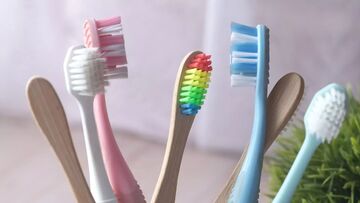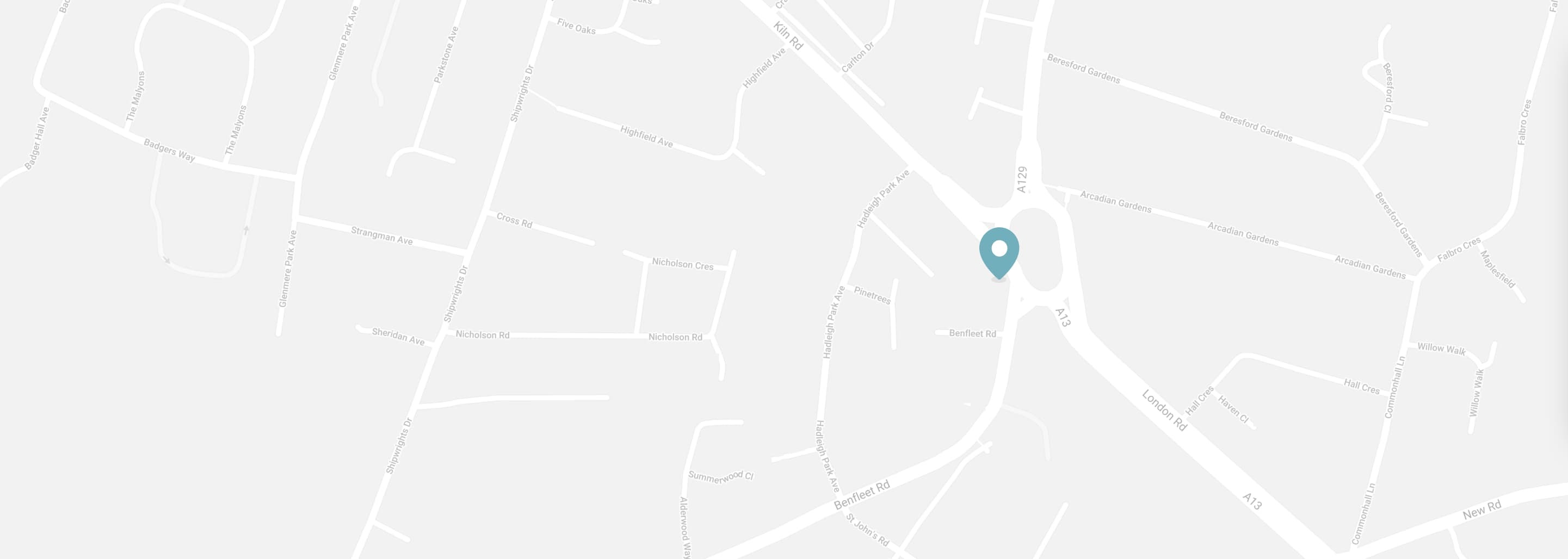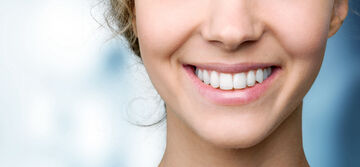Could your teeth be causing your headaches?

Did you know that if your teeth do not fit together correctly, you can have problems not only with your teeth but also with your gums, the temporo-mandibular joint (TMJ) and the muscles that move your jaw?
Signs of an incorrect bite
- Teeth that are heavily worn or constantly breaking
- Teeth that are tender to bite on or may ache constantly
- Loose teeth or receding gums can be made worse by an incorrect bite
- The TMJ, which connects your lower jaw to your skull, may click, grind or cause you pain
- You may experience ringing or buzzing in your ears
- Difficulty opening and closing your mouth
- Headaches and migraines, especially in the morning
- Sinus pain and pains in your neck and shoulders
If you think you may be suffering from any of these problems you should contact your dentist at Benfleet Dental Centre and book an appointment for a routine dental appointment. The dentist will be able to examine your teeth and can determine whether they can treat you or whether you need to be referred to a specialist.
Treatment
There are several different treatments available including:
A soft diet and physiotherapy exercises – a soft diet, corrective exercises and heat may all be able to reduce the stress put on the TMJ
A bite guard – if you are clenching or grinding your teeth a bite guard can help to protect your teeth. Instead of wearing your teeth down you can wear the bite guard down and it can then be replaced as required.
Tooth adjustment – if it is suspected that you suffer from an incorrect bite, the dentist may create an appliance to hold your teeth in the position where your muscles are relaxed, this may be worn all day or just at night. If this improves your symptoms you may want to consider having your bite altered permanently using teeth straightening procedures.
Teeth replacement – replacing missing teeth using bridges, dentures or dental implants can help to rebalance your bite and give your TMJ equal support from both sides.
It is believed that 1 in 4 people suffer with some symptoms caused by an incorrect bite. If you would like to find out more about whether your teeth could be causing your headaches, do not hesitate to call Benfleet Dental Centre on 01702 557766 and one of the team would be happy to assist you.
Contact us to make an appointment

Related news from the practice

5 Foods That Stain Your Teeth
14/11/2023

Tips on How to Cure Bad Breath
06/11/2023

Mouth Cancer Action Month
04/11/2023

For every toothbrush there is a season
06/10/2023

Visit the practice
Benfleet Dental Centre
8 Benfleet Road, Benfleet. SS7 1QB
Opening times
| Monday | 08:00 - 17:00 |
| Tuesday | 08:00 - 18:30 |
| Wednesday | 08:00 - 17:00 |
| Thursday | 08:00 - 17:00 |
| Friday | 08:00 - 17:00 |
| Saturday | 09:00 - 14:00* |
| *By appointment only |

